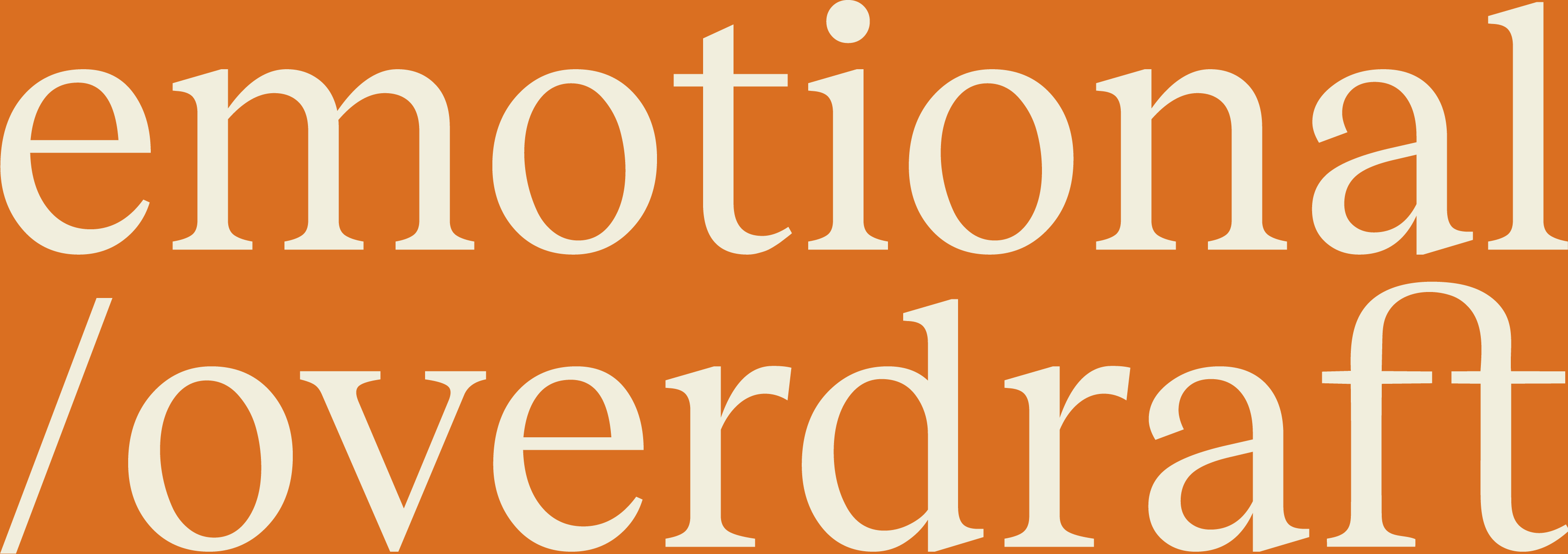Women face mansplaining 312 times a year at work.
We can all take note from the cringeworthy viral video where a female PGA Professional was given some unwanted advice at a driving range.
For context, this is Georgia Bell, an elite PGA golfer, and the man giving advice has “played for 20 years.” It encapsulates a point:a woman might be a subject matter expert, a senior leader, have a unique skill set, or be one of the best in the world at what they do. They’re still going to get mansplained, on average, once a working day. And if they are a woman of colour, sprinkle a few more on top for good measure.
This video shows a reality, a moment encapsulated. But behind this, there is an everyday reality. Because gendered communication means:
- Women are less likely to be listened to.
- Less likely to be believed.
- More likely to be asked to evidence their credentials.
- More likely to be interrupted.
- More likely to have their tone policed.
Every time this happens, it’s a subtle attack on their credibility and a compounding muting of their voice. And this can have significant consequences.
Mansplaining is more than just an annoying habit; it undermines professional women and contributes to a workplace culture where their contributions are undervalued. This consistent questioning and dismissal of women’s expertise create barriers to their professional growth and can lead to a significant toll on their mental and emotional well-being.
Yes, we live in an expertise economy. Yes, men do it to other men as well. But men have a role to play in calling this behaviour forward—while, of course, trying not to mansplain in the process. So this is a simple reminder to heighten your awareness.
How to Avoid Mansplaining
- Listen Actively: Give the floor without interruptions. Show genuine interest in perspectives.
- Validate Expertise: Acknowledge credentials and contributions without questioning authority or knowledge.
- Reflect on Your Behaviour: Consider whether your advice or comments are necessary, especially if the person is clearly an expert.
- Encourage Inclusivity: Foster an environment where all voices are heard and respected equally.
Andy.










